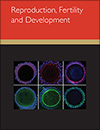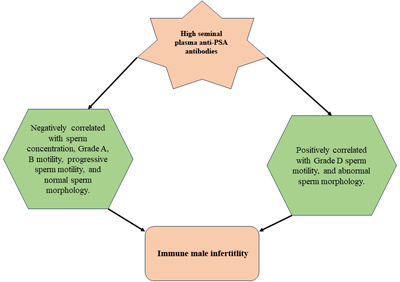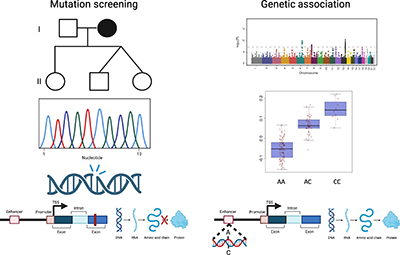Globally, male factor infertility is increasing and so is the need for newer and effective tests for its diagnosis and management. The present study was conducted to evaluate the impact of seminal anti-prostate-specific antibodies (PSA) antibodies on semen parameters in fertile and infertile men. A significant negative correlation was observed with sperm concentration, motility, and morphology, and a positive correlation was observed with grade D motility. The overall accuracy of anti-PSA antibodies in predicting infertile from fertile men was 63.33%. Image by Naina Kumar.

Reproduction, Fertility and Development
Volume 36 Number 14 2024
Genetic studies have discovered multiple mutations and genetic risk factors that have helped to understand how ovulation rate is controlled in low ovulating species to regulate the numbers of offspring and maximise reproductive success. Most genes identified are from pathways with defined roles in regulation of the ovarian follicle development. Continued genetic studies can continue to improve detailed understanding of the regulation of ovulation rate and litter size with implications for health and animal production systems. Image by G. W. Montgomery.
This article belongs to the Collection The biology of the ovary – Honouring the contributions of Ken P McNatty and Rex J Scaramuzzi.
RD24083 Abstract | RD24083 Full Text | RD24083PDF (1004 KB) Open Access Article






